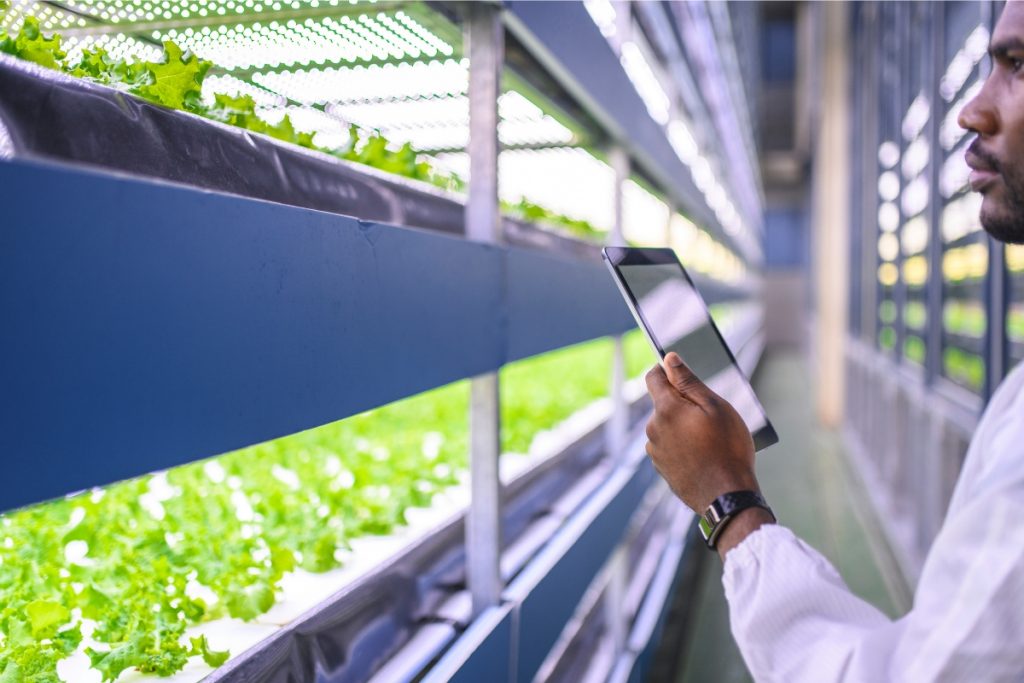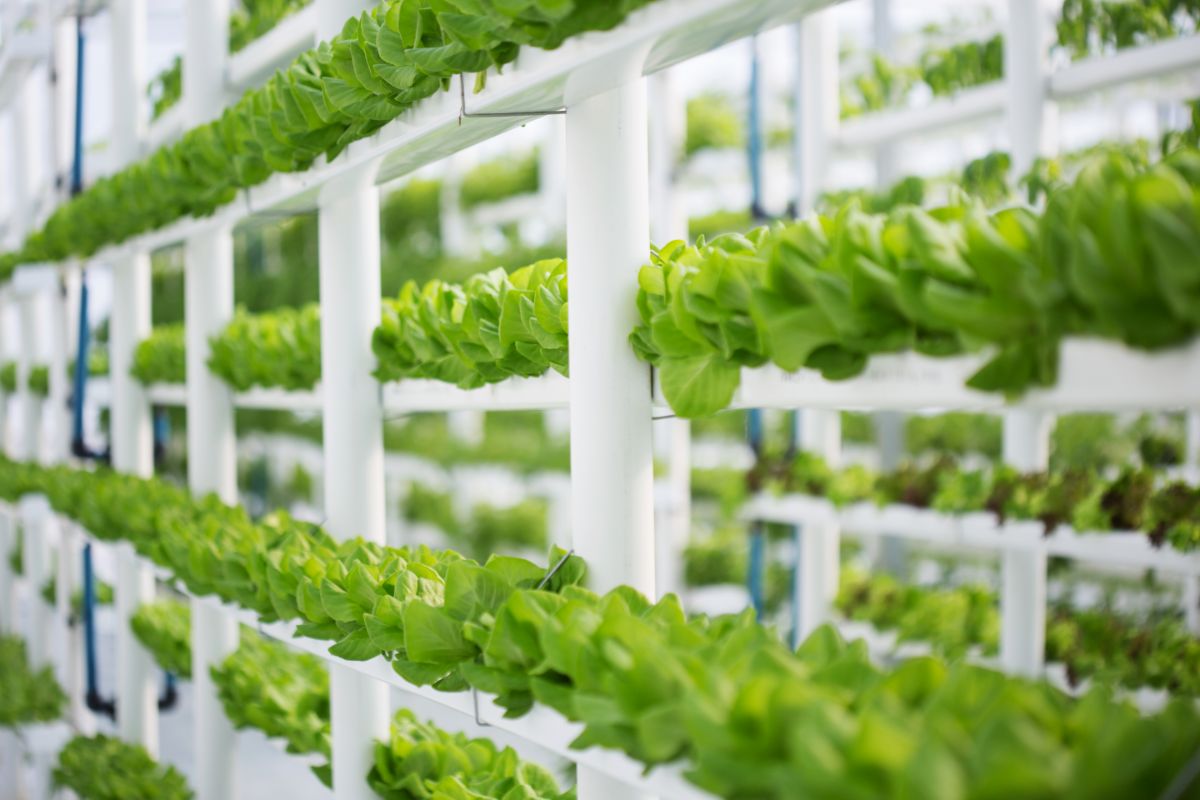
Sustainable urban agriculture in Singapore is pioneering innovative strategies by utilizing advanced technologies and sustainable practices to ensure both food security and environmental sustainability. The ambitious “30 by 30” initiative aims to produce 30% of the nation’s nutritional needs locally by 2030, setting a new benchmark in urban farming and sustainable agriculture. Here’s a detailed look at Singapore’s current and future decarbonization strategies in agriculture.
Current Strategies for Sustainable Urban Agriculture in Singapore
1. The “30 by 30” Goal
The “30 by 30” goal is a strategic move to produce 30% of Singapore’s nutritional needs locally by 2030. This initiative is crucial for improving food security and reducing dependency on food imports, utilizing advanced and sustainable farming techniques that minimize environmental impact.
2. High-Tech Urban Farming
Singapore is investing heavily in high-tech urban farming methods. Key technologies include:
- Vertical Farming and Hydroponics: These systems use significantly less land and water compared to traditional farming and generate minimal waste. Examples include the GroGrace vertical farm and Sustenir urban farm.
- Recirculatory Aquaculture Systems: These systems enable continuous fish production with efficient resource use, ensuring a consistent seafood supply.
- Insect Farming: Farms like Insectta produce protein with a much lower carbon footprint than conventional livestock farming.
3. Financial Support and Grants
The government provides extensive funding and grants to promote the adoption of innovative farming technologies. The Agri-food Cluster Transformation (ACT) Fund, for example, helps farmers integrate sustainable and high-tech methods into their operations.

Future Strategies for Sustainable Urban Agriculture in Singapore
1. Redevelopment of Lim Chu Kang
Singapore is redeveloping the Lim Chu Kang area into a “vibrant, high-tech agri-food cluster” centered on sustainability. This redevelopment will include:
- Shared Facilities: These facilities will support resource-efficient practices like wastewater management and waste-to-energy conversion.
- Circular Economy Model: Farm byproducts will be used as inputs for other agricultural processes, minimizing waste and optimizing resource use.
2. Investment in Research and Development
Through initiatives like the $144 million Singapore Food Story, the government is investing in R&D to develop sustainable urban food production methods and future foods, ensuring resilience against climate change and other challenges.
3. Promoting Alternative Proteins
To further decrease the carbon footprint of food production, Singapore is backing the development of alternative protein sources. Companies like Impossible Foods and JUST are establishing operations in Singapore to produce plant-based and cultured meats, offering sustainable alternatives to traditional livestock.
4. Public Engagement and Education
Engaging the public, especially the younger generation, is key to fostering sustainable agricultural practices. Singapore is promoting awareness and support through initiatives like guided farm tours for students and low-carbon meal programs in schools, helping to build a culture of sustainability.
5. International Collaboration
Understanding the value of global collaboration, Singapore is partnering with countries in the Asia-Pacific region to share expertise in regulatory science for food safety and innovation, advancing sustainable agricultural practices on a global scale.

Conclusion
Singapore’s comprehensive approach to decarbonizing its agriculture sector serves as a model for other nations. By leveraging technology, innovation, and public-private partnerships, Singapore is enhancing its food security while paving the way for a sustainable future. As the country continues to implement and refine these strategies, it sets an example for sustainable agricultural practices worldwide.
See more: Singapore’s Sustainable Revolution: The Impact of Software on Manufacturing


